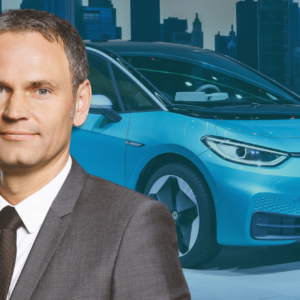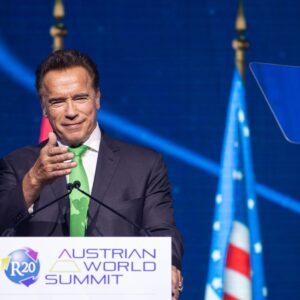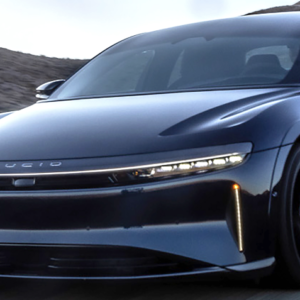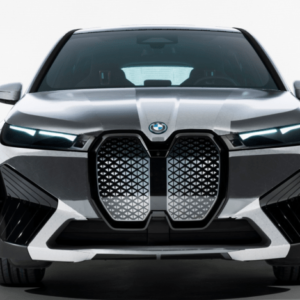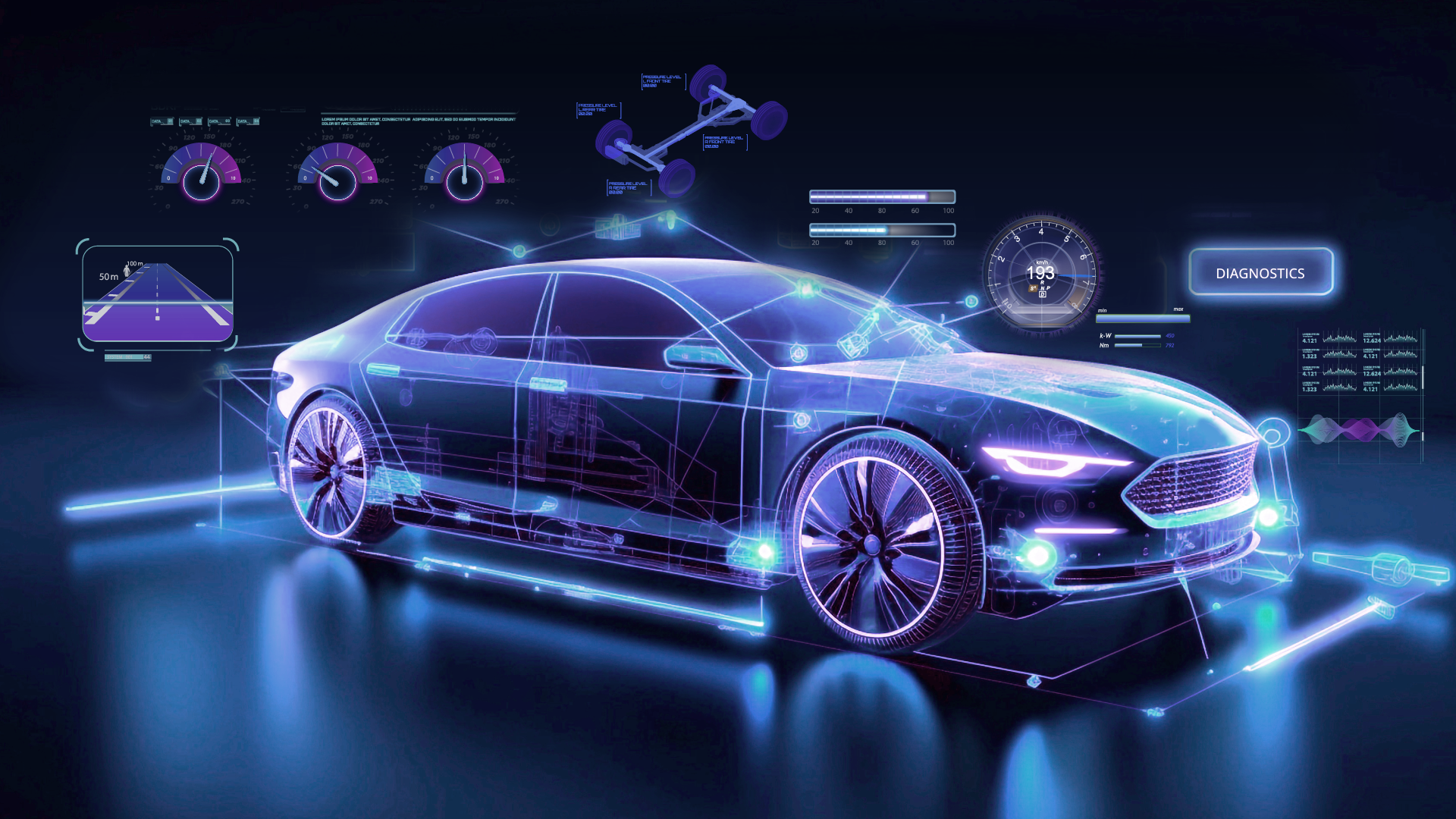
In a compelling letter addressed to the citizens of Europe, Luca de Meo, CEO of the Renault Group, underscores the crucial juncture at which the European automotive industry stands. Amidst the upcoming EU parliament elections, de Meo’s message serves not just as a call to action but as a blueprint for reinvigorating Europe’s automotive sector. His advocacy for a sustainable, inclusive, and competitive industry is a direct response to the seismic shifts prompted by the electric vehicle (EV) revolution, with China leading the charge.
Europe’s Uphill Battle
The European automotive industry, a cornerstone of the continent’s economy, is facing unprecedented challenges. De Meo highlights the industry’s economic contributions, including employment, GDP, innovation, and tax revenue. Yet, the heart of his concern lies in the burgeoning prowess of China’s automotive sector, particularly in EVs. China’s rapid advancements and expansive market share in Europe underscore a stark reality: Europe is lagging in the race for automotive dominance.
The Chinese Advantage
China’s ascendancy in the automotive sector is no accident. Government subsidies, strategic planning, and a Darwinian market environment have catapulted Chinese manufacturers to the forefront. Brands like MG and BYD are not just competing but thriving, with a significant portion of EVs in Europe originating from China. This dominance is further bolstered by China’s control over critical aspects of the EV value chain, from battery production to the mining of rare metals.
De Meo’s Proposals: A Mixed Bag of Ambition and Realism
Luca de Meo’s letter is rich with proposals aiming to pivot Europe’s automotive industry towards a brighter, more competitive future. His call for a joint public-private partnership echoes the success stories of European enterprises like Airbus. Yet, the ambition of these proposals is matched by their complexity and the inherent challenges of implementation.
- Regulatory Simplification: Europe’s automotive industry is indeed overburdened by regulatory complexities. De Meo’s suggestion to streamline this process and create a single regulatory body could enhance efficiency and innovation.
- Focus on Innovation and Digital Transformation: Investing in new automotive value chains, such as EVs, software, and mobility services, is not just necessary; it’s overdue. Europe has the talent and infrastructure to lead in these areas, provided there is a clear strategic direction.
- Workforce Reskilling: The transition to EVs and new technologies will inevitably displace workers. De Meo’s emphasis on reskilling and job creation in emerging sectors is both realistic and crucial for social and economic sustainability.
- Matching China’s Subsidies: The scale of government support in China, coupled with its market size, presents a challenge that Europe might find hard to match through subsidies alone, given its diverse political landscape and budgetary constraints.
- Rapid Technological Sovereignty: While gaining technological independence is vital, the timeframe and investment required to achieve sovereignty in areas like semiconductors and cloud infrastructure may be underappreciated. Competing with established giants in Asia and the US is a long-term endeavor.
- Universal Adoption of Proposals: The sheer diversity of the EU’s member states, each with its unique economic structure and priorities, may hinder the uniform adoption of de Meo’s ambitious proposals.
Conclusion: A Path Forward
Luca de Meo’s letter is a poignant reminder of the existential challenges and opportunities facing Europe’s automotive industry. While his vision outlines a series of ambitious and, in some cases, idealistic proposals, the essence of his message is clear: Europe must act decisively and collectively to secure its automotive future. The struggle to keep pace with China’s automotive industry underscores a broader competition for innovation, sustainability, and economic vitality. As Europe contemplates its next move, the stakes could not be higher, nor the need for action more urgent.

